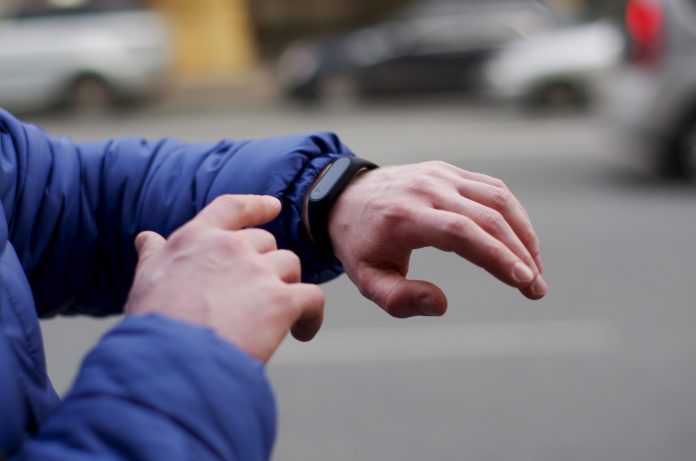New data confirms that wearable fitness trackers and step counters do help people who are overweight, obese and have weight-related health conditions to lose weight by keeping them motivated.
The pooled data analysis published in the British Journal of Sports Medicine, found that Fitness trackers and step counters seem to motivate users to meet their physical activity goals, but it’s not clear if they can also help people who are overweight and those with associated health problems to shed the weight and reduce their overall Body Mass Index, (BMI), a measure of healthy weight.
To explore this further, the researchers systematically reviewed the results of 31 relevant clinical trials and pooled the data. The trials were published between 2007 and 2020 and involved a total of 2268 people.
The trials looked at the impact of commercially available wearable fitness trackers and research grade wearable motion sensors (step counters (pedometers) and accelerometers) on weight loss and BMI reduction in people who were overweight/obese and with weight- related health conditions.
These conditions included various cancers, type 2 diabetes, coronary artery disease, metabolic syndrome, high cholesterol and sleep apnoea.
The trackers included the Fitbit, SenseWear Armband, Jawbone, Polar smartwatches, Samsung Charm, FitMeter and Withings Pulse as well as various wearable motion sensors.
The intervention periods ranged from four to 52 weeks and included six different comparators: usual care; traditional physical activity alone; commercial wearable fitness trackers and no other components; accelerometers or step counters and no other components; combination of commercial fitness trackers + diet and/ or counselling; and accelerators/step counters + diet and/or counselling.
Each study required participants to set and meet goals based on daily steps and/or to reach the recommended weekly minimum of 150 minutes of moderate-to-vigorous intensity physical activity (usually brisk walking).
All types of wearable devices helped their users lose weight and reduce their BMI, the pooled data analysis showed. Interventions lasting at least 12 weeks seemed to produce the best results.
The research grade step counters/accelerometers by themselves resulted in the most weight loss (average of 4.4 kg), while the commercial fitness trackers by themselves produced an average loss of nearly 3kg (2.76 kg).
Both the fitness trackers and step counters/accelerometers by themselves resulted in an average reduction in BMI of around two. But step counters/accelerometers combined with components, such as counselling or dietary changes, achieved the largest average BMI reduction (3.4).
“While research grade step counters and accelerometers aren’t available to the public, commercial wearable fitness trackers are, and represent a practical option for people who are overweight/obese and who have weight-related conditions,” note the researchers.
This is because they “allow users to set and track [physical activity] and health-related goals and provide constant reminders to get up and move to achieve these goals, which promotes self-monitoring and self-regulation,” they explain.
A loss of just a few kilos can make a significant difference. “This loss of body weight is clinically meaningful in that only modest reductions in body weight (5–10%) and BMI have been shown to attenuate adverse health effects associated with overweight/obesity and related comorbidities,” they add.









